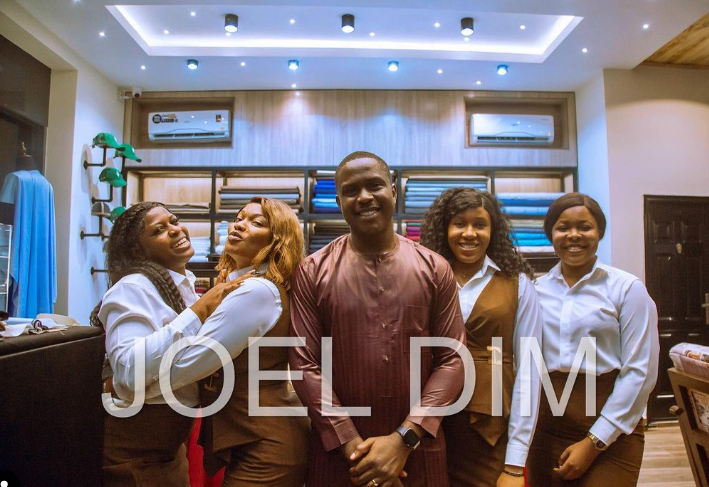
Coca-Cola Nigeria: Is the Magic Fading?
Coca-Cola, a name synonymous with refreshment and iconic branding, has found itself in the unenviable position of defending its reputation once again. The recent allegations

Coca-Cola, a name synonymous with refreshment and iconic branding, has found itself in the unenviable position of defending its reputation once again. The recent allegations

Flags flutter in the wind, instantly recognizable symbols that stir emotions and evoke a sense of belonging. But have you ever considered the deep connection

In the heart of Port Harcourt, a fashion brand has been making waves in the industry for the past decade. Joel Dim, a fashion house
Imagine yourself planning a trip. You’ve chosen your destination, booked your flights, and now it’s time to find the perfect place to stay. Hotel websites
Marketing automation has become essential for businesses, but its evolution continues. The future holds hyper-personalized experiences driven by artificial intelligence (AI) and machine learning (ML).
At Mapemond, we understand that the world of consulting is a dynamic one. New trends, technologies, and best practices emerge constantly. To stay ahead of